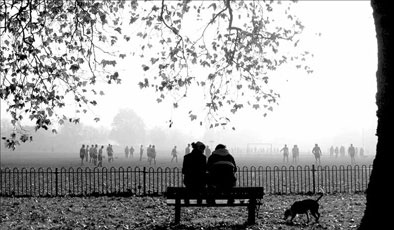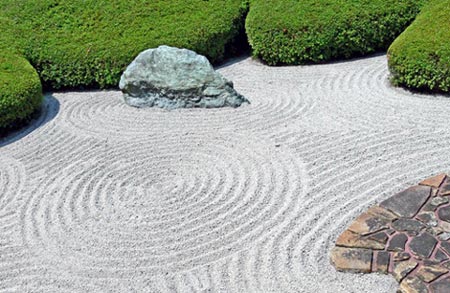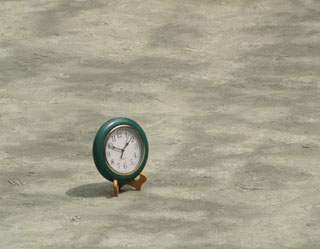I rarely get inspiration from TV. At best, it is a bit of occasional light relief and relaxation through good comedies. But, yesterday there was an interesting programme on BBC about How To Live A Simple Life. A church of England Vicar, Peter Owen Jones, went on week long travel living according to the philosophy of St Francis Of Assisi. This meant owning no possessions or money but relying on the goodwill of strangers for food / shelter and travel.
St Francis of Assisi philosophy was radical to say the least. He felt this lifestyle was the best way to live the spirit of the Gospels. To give up material possessions, makes one dependent on other people. Our ego hates this because we like to be self-sufficient; the idea of relying on the good will of strangers is difficult. There is also tremendous uncertainty. It requires faith, detachment from difficulties and a positive attitude to look for the good in humanity.
St Francis taught that this lifestyle has many benefits. It gave people the opportunity to give. When we selflessly give to others we can get great joy. By begging for food, the wandering mendicant learns to humble his pride. It is also an opportunity to connect with people in a meaningful way. If we are self-sufficient we can easily ignore other people. We can drive past in our comfortable air-conditioned car. But, when we are reliant on the good will of others it forces us to make friends with strangers. We may meet with well meaning rejection, but, we can also find and appreciate the good will of others whom we otherwise would have met.
I don’t have any inspiration to start following the life of St Francis (though I admire him deeply). But, it nevertheless did raise some thought-provoking ideas.
The Joy of Giving.
It was heart-warming to see the genuine joy strangers got from giving. (A cynic will argue the presence of TV cameras offered an extra motivation for goodwill.) But, that aside, I think people were genuinely operating from their heart. It is also giving without expectation of reward. When we give to a stranger we may never meet again, we are giving without condition.
Of course, we don’t have to wait for a wandering Franciscan monk in order to be able to give (they aren’t exactly very common in Oxford). We can give where-ever we are. Even the poorest can offer a smile and expression of good-will to those who we meet. This in itself can mean a lot. It also means considering the well being of others, and how we can be of service to them.
Also, when giving we have to make sure we are giving with the right motives. Is it for the reward of name and fame or because of an inner prompting? We should feel giving is its own reward.
Fear of Strangers.
I think in us all, we have a fear of the unknown. At the same time our inner nature, instinctively wants to feel connected / empathise with other people, to offer food / shelter to others is an almost instinctive reaction. It was interesting to see this play between the two forces.
I couldn’t help think of whether I would have given to a dishevelled wanderer who claimed to be without money? My instinctive reaction is to ignore beggars, because I tend to assume they are professional beggars – giving to them may be not the best form of charity.
I think you can get a feeling whether a person is sincere or not – whether he is sincerely in need. Hopefully, I would have felt the vicar’s sincerity. But, if I was in a rush, I could have easily gone into defense mode and rushed past head down. It is perhaps understandable if people ignore others. But, it is a shame.
Self-Sufficiency.
If we have a feeling of self-sufficiency we can easily have an attitude of haughtiness, pride and even disdain for others. Often the ego aims for self-sufficiency, but, this is not desirable. It is good to be willing to give to others. But, it is also important to be willing to receive without feeling bad. Some people are very good at giving but too proud to receive.
He mistakenly feels
That what others have to offer him
Is of no value.
In the name of self-sufficiency
He is just riding his own ego-horse.
– Sri Chinmoy (1)
What is Important in Life?
In life it is easy to get stuck in a rut. We get on an escalator of money, career and family. We move in a certain circle around certain values. But, is this what we want? Is this the most fulfilling way. I love the idea of placing yourself in radically different environments to see life from a different perspective. I admire the vicar – he must be in his 50s. It is no mean feat to give up all creature comforts and make yourself reliant on the good will of others. (even if he does have a TV crew for backup) 🙂
Related
(1) Excerpt from Twenty-Seven Thousand Aspiration-Plants, Part 18 by Sri Chinmoy
Photo by Pavitrata, Sri Chinmoy Center Galleries





